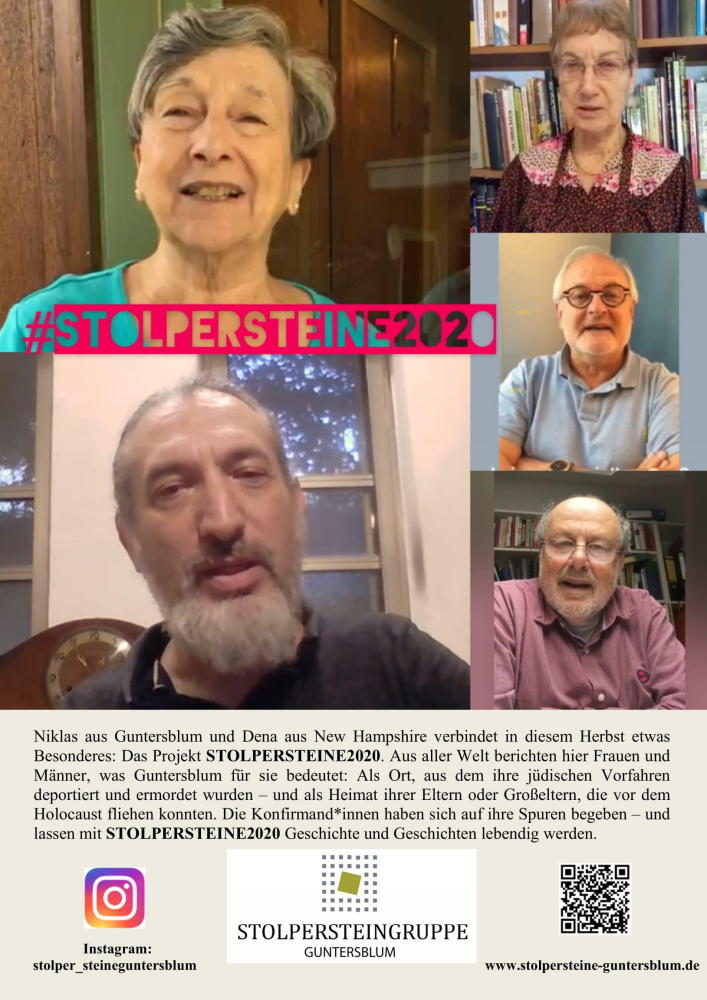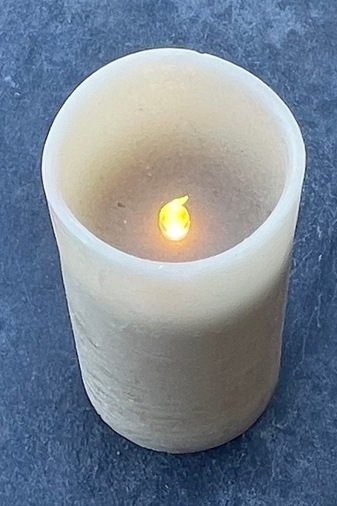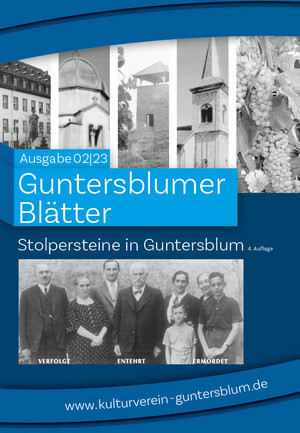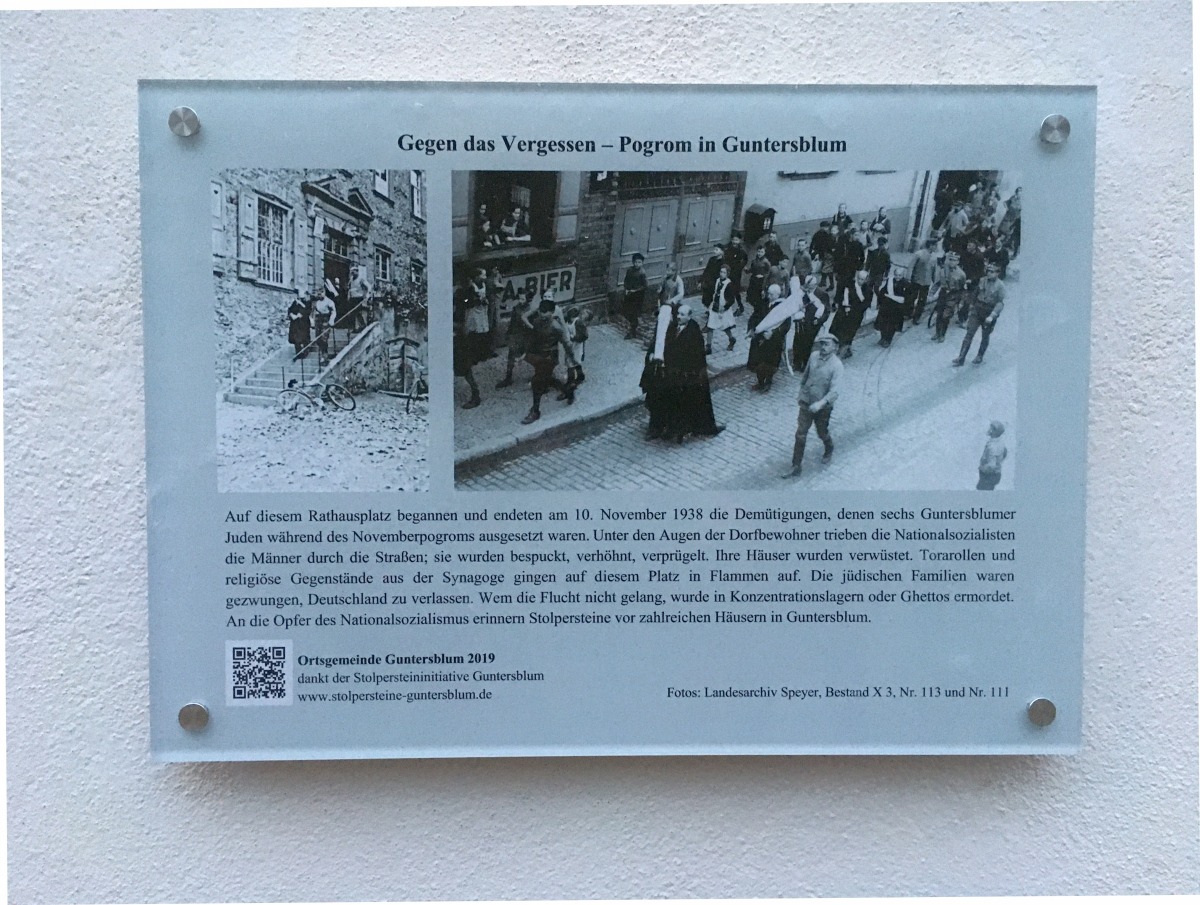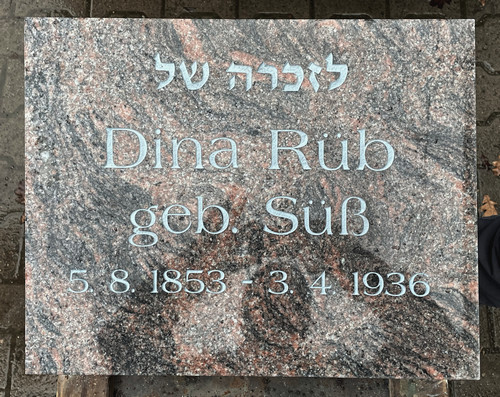#STOLPERSTEINE2020
Jedes Jahr gestaltet die Stolpersteingruppe Guntersblum mit den Jugendlichen des aktuellen Konfirmand*innen-Jahrgangs ein Projekt zur Geschichte der Jüdischen Gemeinde und zum Jüdischen Friedhof des Dorfes. Jedes Jahr im November erinnern wir aus Anlass der Pogromnacht an die Opfer des Nationalsozialismus. In diesem Jahr ist wegen Corona alles anders. Aus diesem Grund starten wir das Projekt #STOLPERSTEINE2020.
Jüdinnen und Juden aus aller Welt erzählen in sehr persönlichen Clips, welche Bedeutung der Ort Guntersblum für sie hat, und welche Rolle die Geschichte ihrer aus Guntersblum vertriebenen, geflohenen und ermordeten Vorfahren in ihrer Familie spielt. Ausgehend davon machen sich die Guntersblumer Jugendlichen im Rahmen von #STOLPERSTEINE2020 auf den Weg: auf den Spuren der jüdischen Geschichte und Gegenwart, in den Straßen ihres Dorfes.
Die Ergebnisse werden im Laufe des Monats November auf dieser Seite und auf Instagram unter #stolpersteine2020 veröffentlicht.
Übersicht der bisher veröffentlichen Beiträge
Every year the Stolpersteingruppe Guntersblum rises a project with the young people of the village to inform about the Jewish community and the village's Jewish cemetery. Every year in November we remember the victims of Nacism on the occasion of the so called „Reichskristallnacht“. This year everything is different because of Corona. For this reason we start the project STOLPERSTEINE2020.
Jews from all over the world tell in their very own way what significance Guntersblum has for them and how important the stories about their ancestors are, who were expelled, murdered or could flee Guntersblum during the „Third Reich“. Based on this, the young people from Guntersblum set out on their way as part of STOLPERSTEINE2020: following the pathway of Jewish history and life.
The results will be published during the month of November on this page and on Instagram #stolpersteine2020.
27. November 2020 |
|
Johanna Grünewald, deren Geschichte wir gestern erzählt haben, ist eine der „geliebten Großmütter“, von denen im Text hier die Rede ist. Wir zitieren Johannas Enkelin Anne Hellman (geborene Grünewald), die mit ihren Eltern Berthel und Hermann Grünewald (das Paar auf dem Foto) nach Amerika fliehen konnte. Ihnen gehörte die Eisenwarenhandlung in der Hauptstraße 27, die 1936 „arisiert“ wurde. Großmutter Johanna wurde mit 72 Jahren in Theresienstadt ermordet.
|
|
Johanna Grünewald, whose story we presented yesterday, is one of the "beloved grandmothers" mentioned in the text below. We quote Johanna's granddaughter Anne Hellman (née Grünewald), who was able to flee to America with her parents Berthel and Hermann Grünewald (the couple in the photo). They owned the hardware store at Hauptstraße 27, which was "aryanized" in 1936. Grandmother Johanna was murdered in Theresienstadt when she was 72 years old. Quote from a letter from Anne Hellman to Dieter Michaelis. from: Dieter Michaelis: The Jewish Community Guntersblum. Wissenschaftlicher Verlag Berlin (2014), p. 134. |
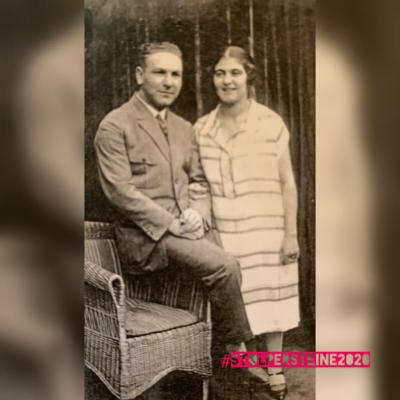 |
 |
| Berthel und Hermann Grünewald |
It was not easy for my parents in America.
|
 |
 |
| We had to stay in a furnished room where we four people had three beds only. My father worked as a night watchman, so he could sleep by day. |
But the worst thing was never to see the beloved grandmothers and all their relatives again and how terrible their death was. |
Übersicht der veröffentlichen Beiträge
